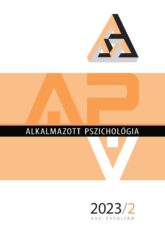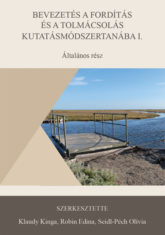A tartalomból:
The role of culture in language education has been long recognised and acknowledged. Languages and cultures are intertwined, and when learning a new language, one will come into contact with the related culture(s). The language learner, whose learning experience is complete with discovering, processing, understanding and accepting the other culture(s), will be able to proceed further into understanding the new language and hopefully develop a culturally aware personality. Intercultural competencies help one better understand the new cultures and one’s own culture. Taking a step back and looking at one’s own cultural background from a distance can help relate to ‘otherness’ in a more accepting way. Recently there has been a stronger emphasis on the role of learning
about culture in early childhood language development. Language educators working with young children in nurseries, kindergarten and lower primary classes integrate elements of culture and cultural awareness-raising in their classroom work and syllabuses. The studies published in this volume are arranged around three main themes. First, the role of cultures in teacher education is investigated. In the next section, the studies explore various perspectives of cultures and languages in the pre-school context. The final section examines the role of literature in linguistic and intercultural dimensions.
Letöltés
Tipp
Az ingyenes feliratkozás menüpontban pár kattintással beállíthatod, hogy az egyes kiadványokhoz, sorozatokhoz tartozó új megjelenésekkor e-mailen automatikusan értesítést kapj.








